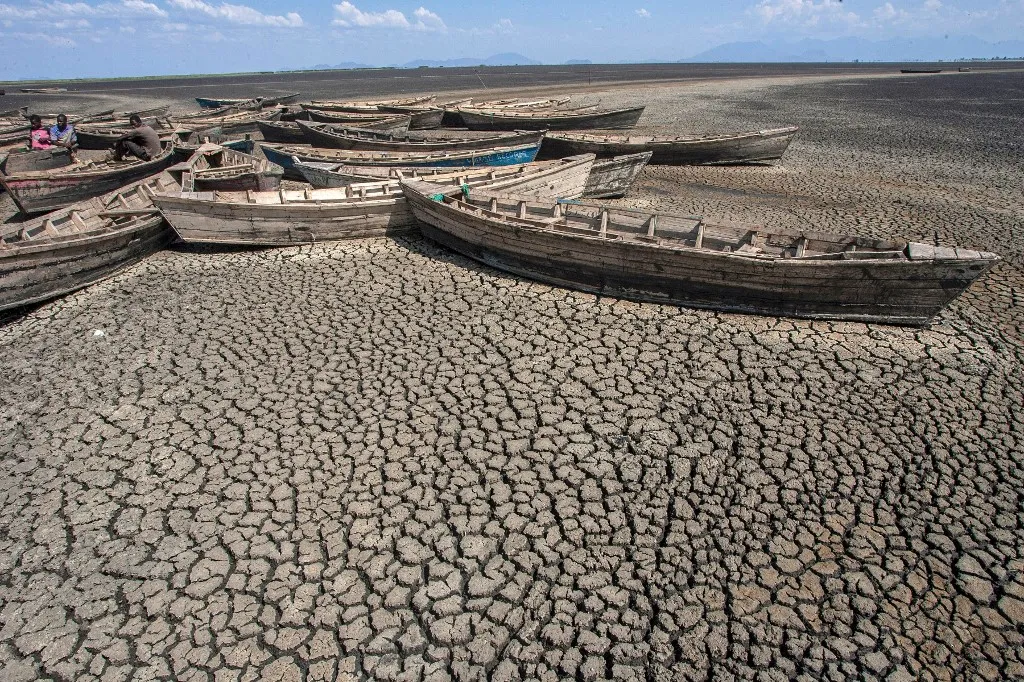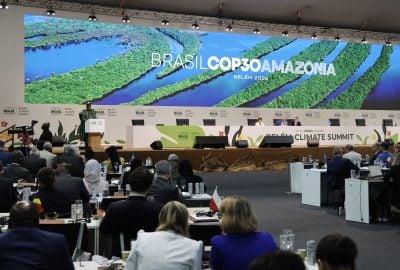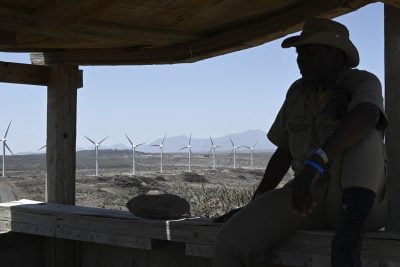Mean temperatures and hot extremes have emerged in all land regions in Africa above natural variability compared to 1850-1900, according to a landmark report by the Intergovernmental Panel on Climate Change (IPCC), a UN body that informs policymaking through science.
The rate of surface temperature increase has generally been more rapid in Africa than the global average, with scientists expressing high confidence that human-induced climate change is the dominant driver.
The PCC Working Group 1 Report – which UN Secretary-General António Guterres labels a ‘code red for humanity’ – will prompt concern over whether enough is being done to shield Africa from the fallout of climate change.
The report found that “it is more likely than not” that global temperatures will reach 1.5C above pre-industrial levels sometime over the next 20 years, which would break a key target agreed under the landmark Paris Climate Agreement. Global policymakers will meet again in November at the crucial Cop26 summit in the UK to hammer out further plans to reduce global temperatures.
Other conclusions which will be of concern to Africa include:
• Marine heatwaves have become more frequent since the 20th century and are projected to increase around Africa (high confidence).
• The relative sea level has increased at a higher rate than the global mean sea level around Africa over the last three decades. The relative sea-level rise is likely to virtually certain to continue around Africa, contributing to increases in the frequency and severity of coastal flooding in low-lying areas to coastal erosion and along most sandy coasts (high confidence).
• The frequency and intensity of heavy precipitation events are projected to increase almost everywhere in Africa with additional global warming (high confidence).
Decreases in mean precipitation have already been observed in North Africa, North Eastern Africa, Central Africa, East Southern Africa and West Southern Africa.
Increased river flooding has been observed in West Africa with increased pluvial flooding recorded in East Southern Africa, West Southern Africa and the Sahara and expected in Central Africa. Droughts have been observed in Central Africa, East Southern Africa, West Southern Africa and are projected in West Africa and Madagascar.
The changes above are presented for the mid- 21st century for a global warming of at least 2ºC.
A bleak future?
A statement from UN Climate Change lists the stark reality of inaction.
“Unless there are rapid, sustained and large-scale reductions of climate change-causing greenhouse gas emissions, including CO2, methane and others, the goal of limiting global warming to 1.5C compared to pre-industrial levels, as enshrined in the Paris Agreement, will be beyond reach. This assessment of the latest science is a severe warning regarding the well-being of human society and all life on Earth. It is testimony to the fact that efforts to reduce greenhouse gas emissions over the past decades have been wholly insufficient.”
Prominent climate campaigners including Greta Thunberg have also pushed for concerted action in the wake of the report’s findings.
Want to continue reading? Subscribe today.
You've read all your free articles for this month! Subscribe now to enjoy full access to our content.
Digital Monthly
£8.00 / month
Receive full unlimited access to our articles, opinions, podcasts and more.
Digital Yearly
£70.00 / year
Our best value offer - save £26 and gain access to all of our digital content for an entire year!
 Sign in with Google
Sign in with Google 



